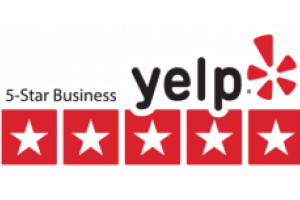The Famous Hot Coffee Case
One of the most famous hot coffee cases in American History is, Liebeck v. McDonald’s Restaurants. In this article, we will discuss the background of the case, the outcome, and how you can find representation if you have been burned.
In 1994, Stella Liebeck, a 79-year-old woman from sued McDonald’s after spilling hot coffee on herself and suffering third-degree burns. The case has become a popular example of tort reform and the American legal system.
Background
In February 1992, Liebeck purchased a cup of coffee from a drive-thru McDonald’s. She spilled the coffee on her lap while she was parked in her car. This caused severe burns to her thighs, hips, and buttocks. Liebeck was hospitalized for eight days and required skin grafts to treat her injuries. Liebeck offered to settle the case for only $20,000 but McDonald’s offered $800. Thus, she was forced to get a lawyer. She sued McDonald’s, alleging that the coffee was too hot and that the company had failed to warn her of the danger.
How hot was the coffee?
The coffee was at least 190 degrees. Other restaurants serve coffee around 160 degrees. And your at home coffee maker is about 135-150 degrees.
The Verdict
After a six-day trial, a jury awarded Liebeck $2.86 million in damages, which was later reduced to $640,000 on appeal (Liebeck v. McDonald’s Restaurants, 185 Cal. App. 3d 1169 (Cal. App. 1987)). The jury found that McDonald’s was guilty of negligence for serving coffee that was unreasonably dangerous. They also found that Liebeck was 20% responsible for her own injuries.
California Law
In California, a product is considered unreasonably dangerous if it poses an unreasonable risk of injury when used in a foreseeable manner (Cal. Civ. Code § 1714). This includes hot coffee, which can cause serious burns if it is spilled. To avoid liability, a manufacturer or seller of hot coffee must take reasonable steps to warn customers of the danger. Manufacturers can do this by providing clear instructions on the cup or adding a warning label to the lid.
Significance of the case
The Liebeck v. McDonald’s Restaurants case remains one of the most famous product liability lawsuits in American history. The case highlights the importance of product safety and the role of the legal system in protecting consumers. While the case has been widely criticized and misunderstood, it remains an important reminder of the importance of warning customers about the potential dangers of hot coffee and other products. If you want to know more you can watch a video from New York Times about the case.
If you or someone you know has been burnt feel free to reach out to Anderson Franco to learn more about your rights.









